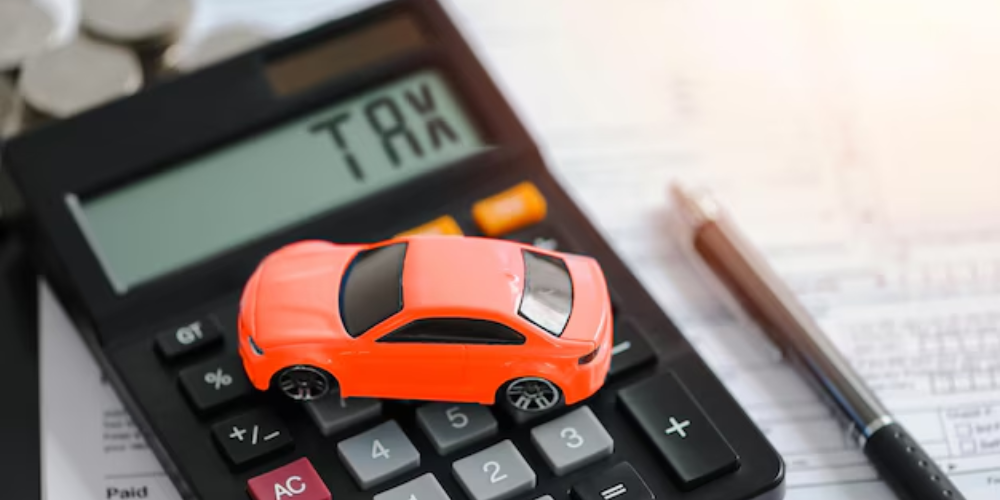
Upcoming Car Tax Changes in April You Should Be Aware Of

Drivers across the UK will soon face higher vehicle tax costs as new regulations take effect in April. These changes will impact petrol, diesel, hybrid, and electric vehicles, making car ownership more expensive. While petrol and diesel cars will see significant tax increases in the first year, electric vehicle (EV) owners will also start paying road tax for the first time.
Understanding how these new vehicle excise duty (VED) rules affect different types of vehicles is crucial for anyone planning to buy a car or renew their tax. The impact will vary based on a vehicle’s registration date, emissions, and type of fuel.
Higher First-Year Tax for Petrol and Diesel Cars
The biggest tax hikes will apply to brand-new petrol and diesel vehicles. Currently, first-year road tax—also known as the “showroom tax”—is calculated based on carbon emissions (CO2 g/km). The more emissions a vehicle produces, the higher the tax. However, starting in April, first-year tax rates will increase across all emission levels.

Instagram | landrovernorthscotts | Higher tax for new petrol and diesel cars, including models like Ford and Range Rover, will increase costs for many buyers.
For instance:
1. Low-emission hybrids (1-50 g/km CO2) will see an increase from £10 to £110 in the first year.
2. Vehicles emitting 51-75 g/km CO2 will have a first-year tax of £130.
3. Cars producing 76 g/km CO2 and above will experience a significant tax hike, with many rates doubling compared to previous levels.
A Ford Puma buyer will now pay £440 instead of £220, while a Range Rover owner could face £5,490 instead of £2,745 in the first year alone. Although buyers financing or leasing vehicles may not feel an immediate impact, these costs will still affect overall car prices.
Despite these increases, the standard second-year VED rate for petrol and diesel cars will remain at £190.
Electric Vehicles No Longer Exempt from Road Tax
For years, electric vehicles (EVs) were exempt from VED as part of government efforts to promote cleaner transport. However, with the growing adoption of EVs, the government has decided to introduce taxation on electric cars for the first time.
Starting April, all EVs registered between April 2017 and April 2025 will pay a flat £195 VED annually from the second year onward. Meanwhile, electric cars registered before April 2017 will remain on the older tax system, paying just £20 per year.
Another notable change involves the luxury vehicle tax—a surcharge applied to vehicles costing over £40,000. Previously, EVs were exempt, but from April, high-end electric cars will have to pay a £425 annual charge for years two through six.
Hybrid vehicles will also lose their £10 VED discount from 2025, paying the same £195 standard rate as petrol and diesel cars.
Older Vehicles and Classic Cars
Drivers of older petrol and diesel cars will also see small tax increases based on engine size.
1. Cars registered between 1984 and 2001 will experience a modest tax increase.
2. Vehicles with engines under 1549cc will now pay £220 annually (up from £210).
3. Larger-engine vehicles (above 1549cc) will have a tax rate of £360 (previously £345).
However, classic cars over 40 years old will remain exempt from road tax, along with agricultural vehicles, disability-adapted cars, and passenger transport vehicles for disabled individuals.
Impact on Commercial Vehicles and Motorcycles

Instagram | venommotorsportsusa | Tax increases raise costs for pickup truck, vans and motorcycles.
The tax increases will not only affect private car owners but also those using vans and motorcycles.
For vans and pickup trucks:
1. The flat road tax rate will rise from £335 to £345 per year, adjusted based on the Retail Price Index (RPI).
2. Electric vans, which were previously exempt, will begin paying VED from 2025.
For motorcycles:
1. The tax system remains based on engine size, with rates ranging from £25 to £117 per year.
2. Electric motorcycles and tricycles, previously exempt, will now pay £25 annually.
How These Tax Changes Will Affect Drivers
With higher road tax across all vehicle types, many drivers will pay more to keep their cars on the road. New petrol and diesel vehicles will face the highest first-year tax hikes, while EV owners will now contribute to road tax for the first time.
For those considering buying a new car, these changes could affect decisions about whether to choose an EV, hybrid, or traditional fuel-powered car. The introduction of a luxury vehicle tax on expensive EVs may also discourage buyers from investing in high-end electric models.
Additionally, drivers of older petrol and diesel cars should prepare for small tax increases, especially if their vehicles fall into higher engine size categories.
What’s Next for Car Owners?
The rising cost of road tax highlights the government’s strategy to recover lost fuel tax revenue while pushing for cleaner transportation alternatives.
Although EV adoption continues to rise, many consumers are now reconsidering their options due to higher ownership costs. Meanwhile, petrol and diesel car buyers will need to factor in substantial first-year tax increases when making purchasing decisions.
Whether planning to buy a new car, keep an existing vehicle, or switch to an electric model, drivers must stay informed and budget for these upcoming financial changes.
With April’s tax adjustments fast approaching, now is the time to prepare for the impact on vehicle costs and ownership expenses.
More inDriving
-
`
Why Truck Manufacturers Are Shifting from Diesel to Hydrogen
Hydrogen is emerging as a promising alternative for trucks, offering both high energy efficiency and longer driving ranges. Ashok Leyland, for...
October 2, 2025 -
`
Ohio Driver’s License Laws Are Changing for Young Adults in 2025
Getting a driver’s license is a milestone, but for young adults in Ohio, the process is about to become more structured....
September 25, 2025 -
`
Why 1 in 4 Americans Trust RFK Jr. for Medical Advice
A recent poll reveals that a significant portion of Americans remain cautious about trusting Health Secretary Robert F. Kennedy Jr.’s medical...
September 19, 2025 -
`
Why Tariffs Could Make Car Insurance Rates Worse
Car insurance costs in the U.S. are climbing, and new tariffs could make the problem worse. Shoppers are already feeling the...
September 11, 2025 -
`
The Automotive Reckoning Has Arrived – Are Companies Ready?
In early 2022, Stellantis CEO Carlos Tavares stood on stage in Amsterdam with a confident blueprint for the future. Fresh off...
September 5, 2025 -
`
Self-Driving Cars Will “Drastically” Change Automotive Design, GM Says
The automotive industry is entering a new chapter that goes far beyond electrification. While EVs dominate today’s headlines, the rise of...
August 29, 2025 -
`
Child Wearing Swimsuit Outside Sparks CPS Visit — The Full Story!
Children playing outside is a familiar and often joyful sight. Yet, sometimes, an innocent choice—like a child wearing a swimsuit outdoors—can...
August 22, 2025 -
`
Florida Auto Insurance Rates Finally Drop. But for How Long?
After years of rising premiums, Florida drivers are finally seeing lower auto insurance rates on the horizon. For 2025, the state’s...
August 15, 2025 -
`
U.S. Reduces Tariffs on Japanese Cars to 15% Under Trump’s Deal
In a move reshaping U.S.-Japan trade relations, former President Donald Trump confirmed a new agreement that slashes tariffs on Japanese car...
August 9, 2025




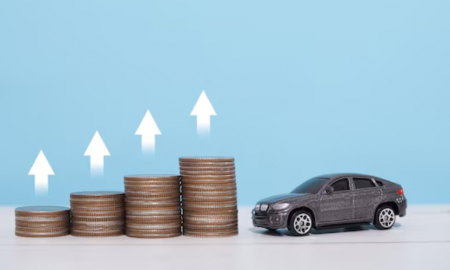
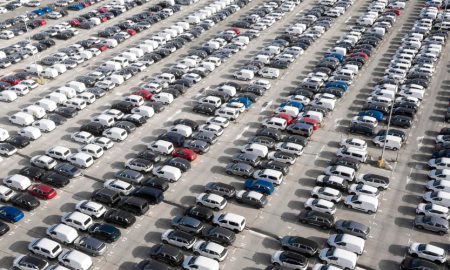
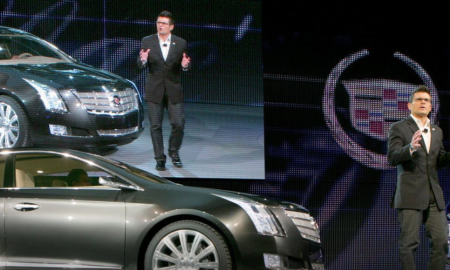

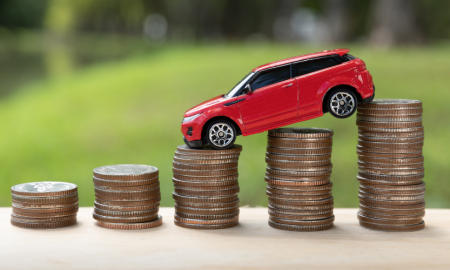

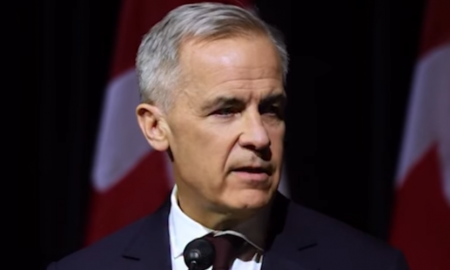

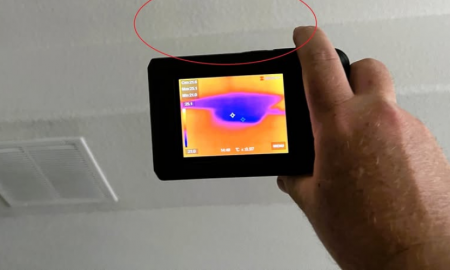
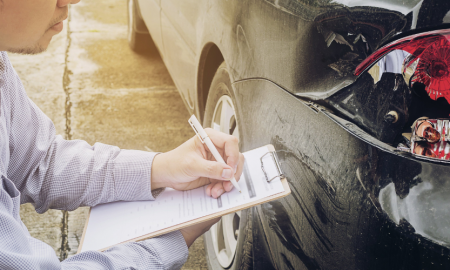

You must be logged in to post a comment Login